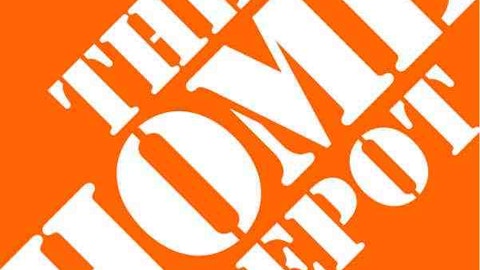Buying big pharma stocks isn’t the only way you can invest in today’s best-selling drugs without taking a gamble on a small, risky biotech. Some of yesterday’s fledgling biotech companies have become today’s powerhouses, boasting substantial pipelines and strong sales. Biogen Idec Inc. (NASDAQ:BIIB) and Celgene Corporation (NASDAQ:CELG) have emerged as two of the top companies in the “big biotech” industry, and both stocks have rewarded shareholders handsomely recently: Celgene’s stock has rocketed up 50% over the past year, while Biogen’s has impressed by rising 46%.
There’s no doubting these stocks’ place at the top of the biotech arena, but the question is: Which one is the better buy?
Looking at the basics

Not that Celgene Corporation (NASDAQ:CELG)’s having much trouble, either. It actually outperformed Biogen on a purely financial basis over the last couple years, raking in revenue growth of 13.7% in 2012 after a phenomenal 2011 brought in year-over-year growth of nearly 34%. Like Biogen, Celgene’s also done well in growing EPS over the past two years.
With success comes a cost, however: You’ll be paying a hefty premium for either of these hot stocks. Biogen trades at a price-to-earnings ratio of 30.7, with Celgene at an even stiffer 34.6 after its recent run-up. That’s in line with some of the other top biotech and pharmaceutical stocks, but these two companies will have to keep producing top-notch growth in order to keep up with investors’ optimism.
Can they do that? Fortunately, Celgene and Biogen both sport a number of drugs on the market and solid pipelines.
Celgene’s Revlimid advantage
Five drugs currently make up most of Celgene’s sales, but multiple myeloma drug Revlimid is the engine that makes the company go. The company’s top seller sold more than $3.7 billion last year, growing an outstanding 17.4% year-over-year. Revlimid’s patent won’t expire until 2027 in the U.S. and 2024 in Europe, offering Celgene Corporation (NASDAQ:CELG) plenty of time to take advantage of the exploding multiple myeloma market.
Research and advisory firm Decision Resources expects the market to climb to $7.2 billion by 2021 from $4.4 billion in 2011, and forecasts Revlimid to capture 64% of that market. That forecasts sales of more than $4.6 billion for Celgene’s leading drug, and while it still faces competition from Johnson & Johnson (NYSE:JNJ)‘s Velcade — which has become one of J&J’s fastest growing blockbusters — Decision Resources predicts Velcade to remain in second place in this lucrative and growing market.
Celgene’s other drugs pale in comparison to Revlimid, unfortunately. The company’s nearly $3 billion acquisition of Abraxis BioScience in 2010 brought cancer drug Abraxane into the fold, but it currently only brings in about 11% of what Revlimid does. Its 10.6% growth in 2012 underperformed Celgene’s total revenue growth, and it’s looking like the Abraxis purchase might not have been the best decision. Abraxane still has a long time to prove itself — the drug doesn’t lose patent exclusivity until 2026 in the U.S. and 2022 in Europe — but so far, its effect has been limited.
MDS drug Vidaza ranks as Celgene’s second-best seller and has posted strong growth, but with its U.S. patent protection having expired in 2011, any generic competitor that successfully rises will strain sales. Don’t put your faith going forward in this drug.
This all makes Celgene excessively dependent on Revlimid’s success, but the company’s pipeline isn’t bare. Its new multiple myeloma drug Pomalyst won FDA approval in February and is expected to hit peak sales of $1 billion or more. Celgene’s oral psoriasis candidate Apremalist hit a road bump recently in phase 3 trials, reporting data that failed to match up with mid-stage efficiency results. Apremalist is likely to land FDA approval, but Celgene’s rosy peak sales estimates of $1.1 billion or more look like they’ll be tough to match — particularly as Apremalist will have to battle AbbVie Inc (NYSE:ABBV)‘s leading drug, Humira, the blockbuster behemoth that made more than $9.2 billion last year. Gulp.

